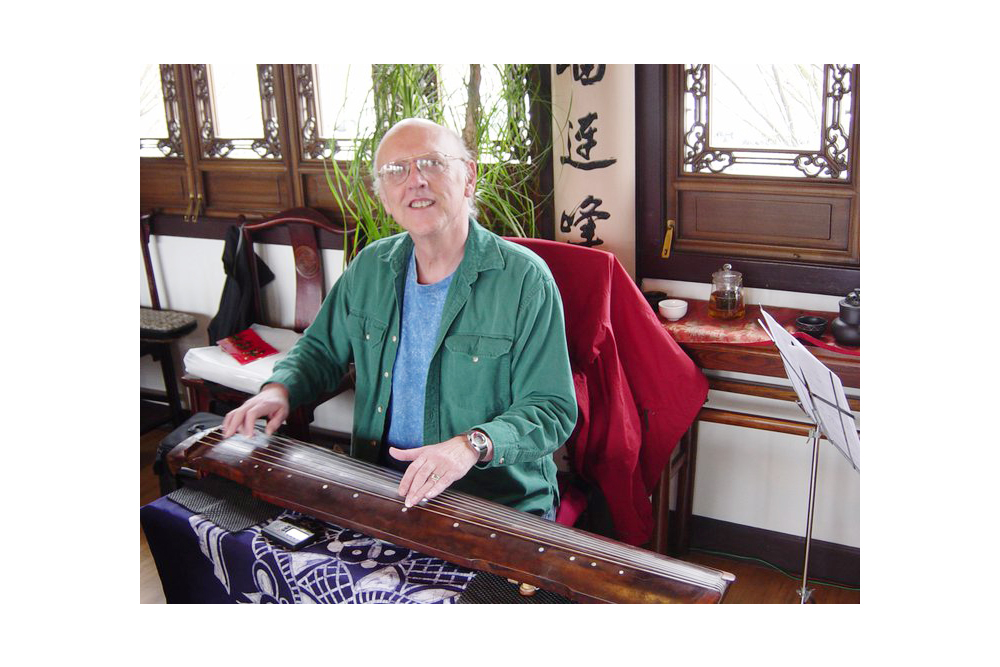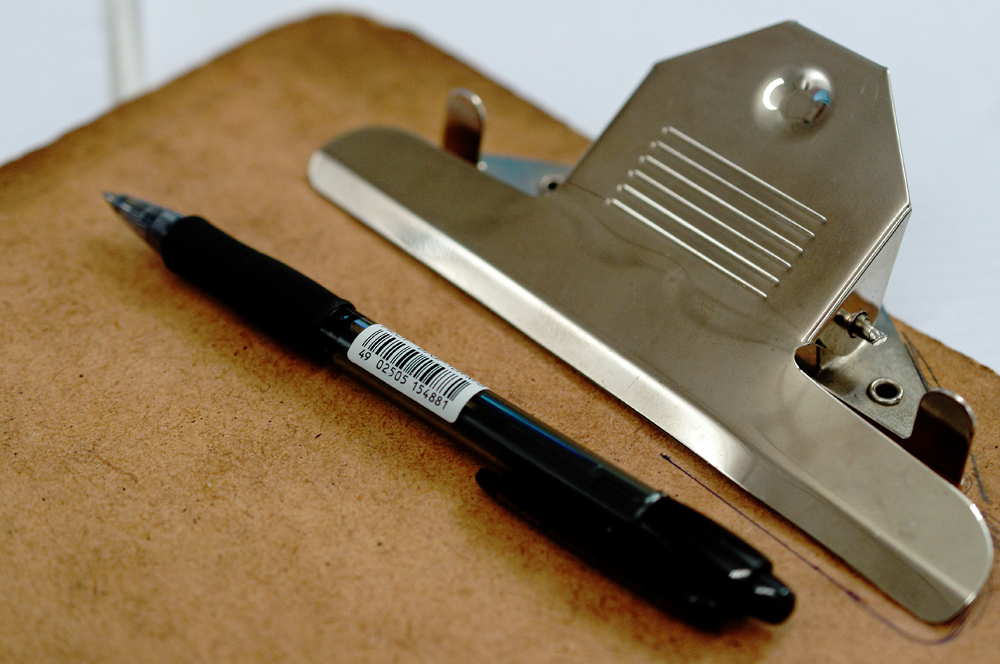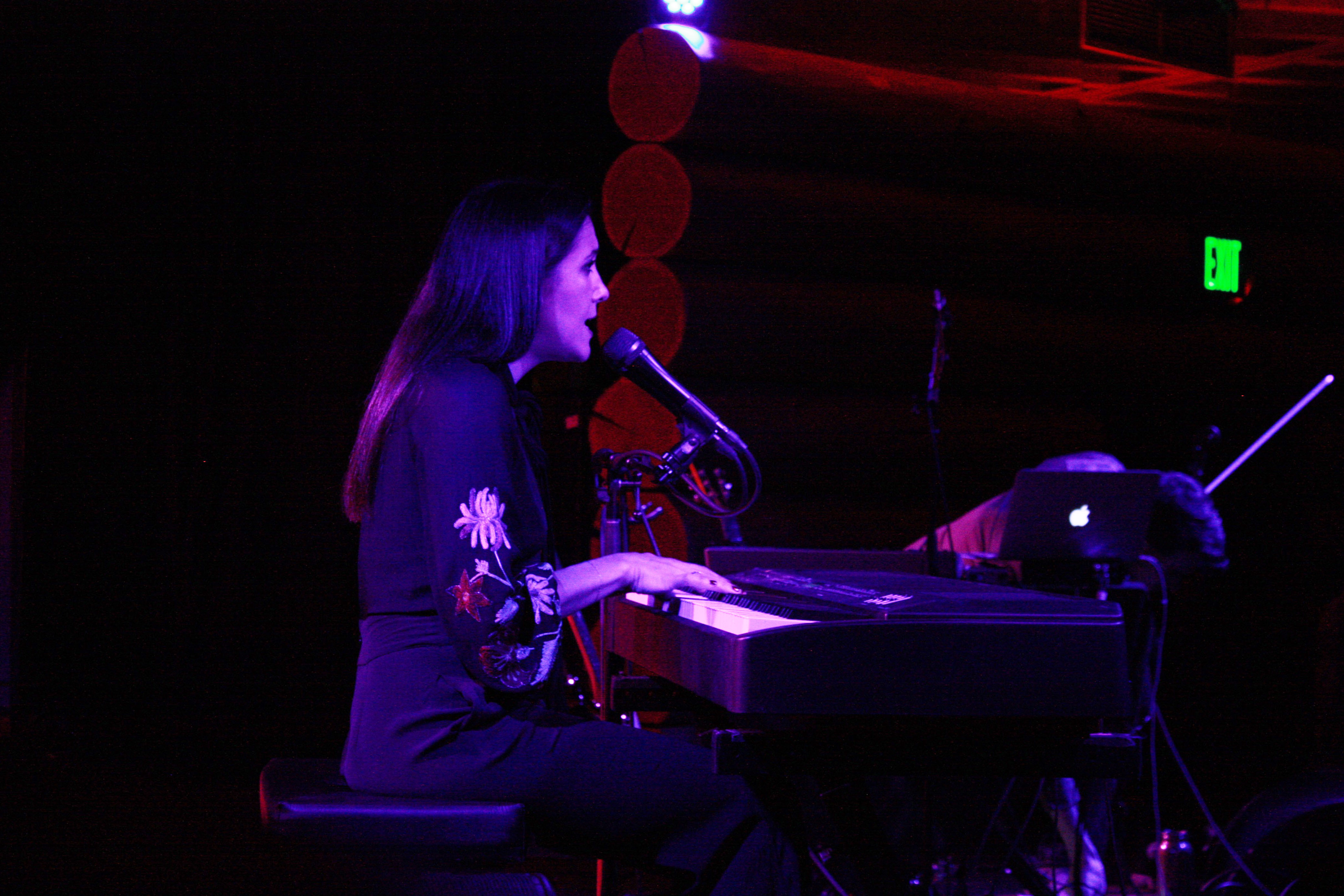Portland State’s Institute for Asian Studies, in affiliation with First Saturday PDX East Asia program committee, will host “An Introduction to the Guqin, Its Culture and Music” on March 7 at 9:30 a.m. The event is free to students and the public, and will be held at the Academic and Student Rec Center auditorium.
Guqin, traditionally referred to as qin, is a seven-string zither played by the literati, or scholarly class, of traditional China. It was considered a gentleman’s instrument and was played for private parties in the scholar’s garden.
“In the Song dynasty an idea emerged called the Four Arts of the Gentleman, so-called qin qi shu hua, which in translation means: the guqin, the game of Go, calligraphy and painting,” said Jim Binkley a retired computer science professor and guqin player. “These were meant to be the most important arts of leisure that a scholar might pursue.”
Binkley said the guqin has been featured in numerous paintings and literature, and to some extent symbolizes the good life of the Daoist recluse and the life of the scholar.
“The qin, while being played, is said to reflect the character, voice and spirit of the scholar,” said Dennis Lee, chair of First Saturday PDX East Asia program committee.
The event represents the second installment of “The Qin: Abiding with Antiquity,” which was originally presented at PSU in December of 2012.
“The program was designed to introduce an ancient stringed instrument of China with a history of 5,000 years and a pedigree of two millennia, associated with the Chinese philosopher Confucius,” Lee said.
Unfortunately, Binkley, who was slated to play the instrument, suffered an unanticipated injury to his shoulder before the original presentation.
“The musical portion of the program had to be abbreviated, but the music which was played was beautiful and appreciated by everyone,” Lee said.
Lee said First Saturday PDX is a group of individuals interested in promoting the understanding of the cultural heritage of China, including its history, arts and societal contributions.
Their presentations have been an ongoing monthly series exhibiting art, architecture, gardens and historical culture of China and East Asia, highlighting connections with the Pacific Northwest.
The presentations started in fall 2011, but the committee had been involved in the Portland community for over 10 years before that.
Katherine Morrow, program administrator for the Institute of Asian Studies, said that the committee started in 2000 with a group of community members volunteering at the Portland Chinese Garden.
Their volunteer work gave them the opportunity to learn the fine arts of China, as well as its architecture. Eventually, the group began to look outward.
“Their events were getting large, so they were looking for a partner to continue to grow,” Morrow said.
It wasn’t long after that the group approached the university about opening their monthly talks to the general public and students alike.
Binkley said he hopes attendees gain some appreciation for the guqin in terms of its musical and cultural impact and significance, especially as seen in Chinese painting.
“We want the attendees to come away not just knowing about the history of this instrument, but firsthand opportunities to see it and hear it played,” Morrow said.






